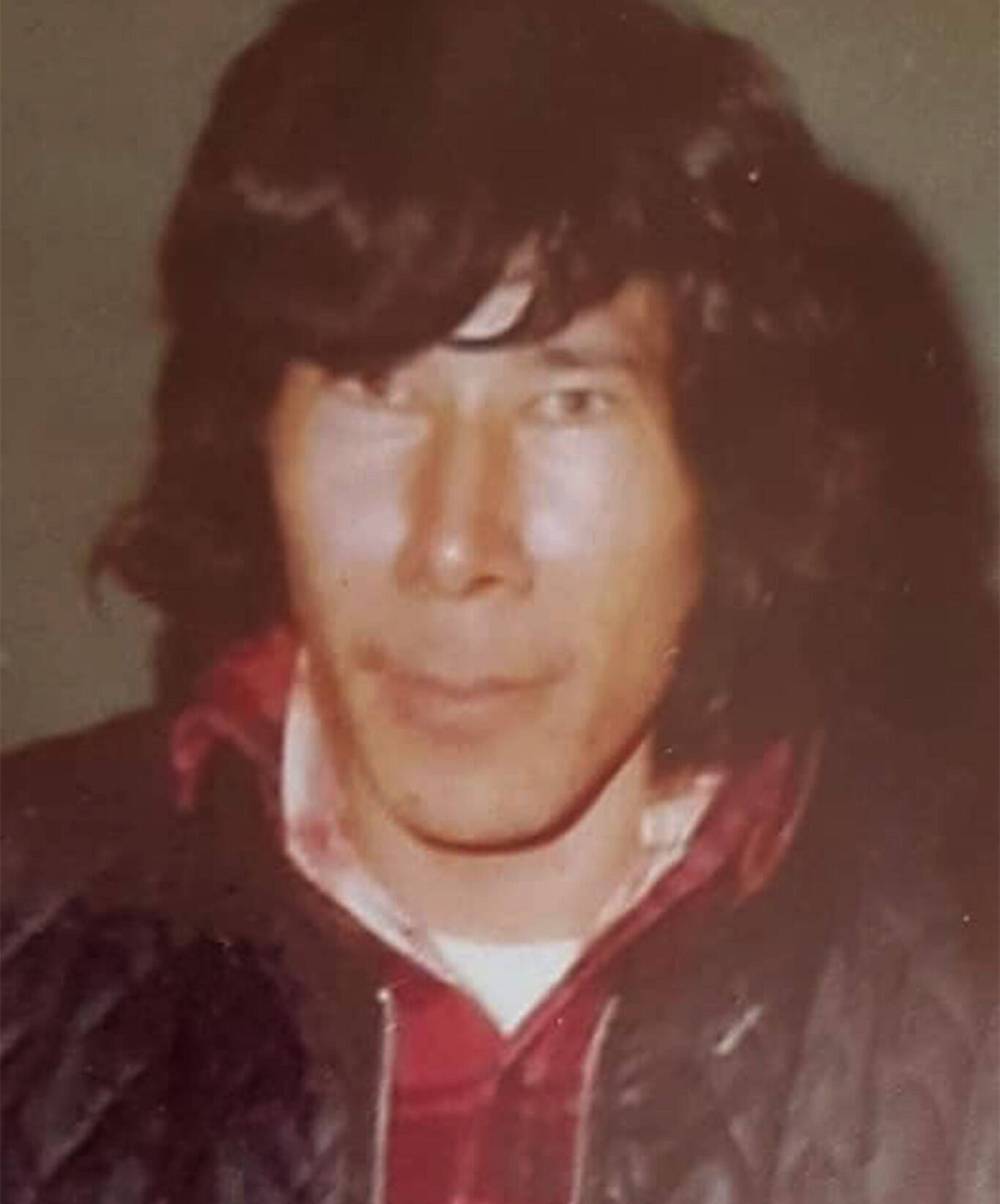Posthumous appeal a first in Canada
Advertisement
Read this article for free:
or
Already have an account? Log in here »
We need your support!
Local journalism needs your support!
As we navigate through unprecedented times, our journalists are working harder than ever to bring you the latest local updates to keep you safe and informed.
Now, more than ever, we need your support.
Starting at $15.99 plus taxes every four weeks you can access your Brandon Sun online and full access to all content as it appears on our website.
Subscribe Nowor call circulation directly at (204) 727-0527.
Your pledge helps to ensure we provide the news that matters most to your community!
To continue reading, please subscribe:
Add Brandon Sun access to your Winnipeg Free Press subscription for only
$1 for the first 4 weeks*
*$1 will be added to your next bill. After your 4 weeks access is complete your rate will increase by $4.99 a X percent off the regular rate.
Read unlimited articles for free today:
or
Already have an account? Log in here »
WINNIPEG — Canada’s justice minister ordered a new appeal Monday of a Manitoba First Nations man’s 1974 manslaughter conviction — a decision that was unprecedented because it came 14 years after his death.
An in-depth posthumous conviction review found there were reasonable grounds to conclude a miscarriage of justice likely occurred in Russell Woodhouse’s conviction, federal Justice Minister Sean Fraser said. It was the first time in Canada an appeal was ordered following such a review.
“It’s an important day for Russell, an important day for people who live on (Pinaymootang First Nation) and an important day for his relatives and friends,” said James Lockyer, a lawyer and a founding director of Innocence Canada. “He died 14 years ago, so it’s been a long time, but they’re still there for him.”

An appeal of Russell Woodhouse's 1974 manslaughter conviction is unprecedented because it comes 14 years after his death. (Supplied)
Woodhouse’s sister, Linda Anderson, applied for the review with Innocence Canada’s help in September 2023.
Fraser’s order will return the case to Manitoba’s Court of Appeal for new information to be considered. A hearing date has not yet been set.
“We’ll be asking the Court of Appeal to quash the conviction and acquit Russell,” Lockyer said.
Winnipeg police charged Woodhouse and three other men from Pinaymootang after Ting Fong Chan, a 40-year-old father, was fatally beaten and stabbed in July 1973. The Beachcomber restaurant worker’s body was found at Isabel Street and McDermot Avenue.
The next year, a jury convicted Woodhouse of manslaughter and the three other men — his brother Clarence Woodhouse, Allan Woodhouse and Brian Anderson — of murder.
Woodhouse, who was sentenced to 10 years, died of cancer in 2011. He was 57. The other men have since been exonerated by a judge after they were found to have been wrongfully convicted.
In those acquittals, court hearings were told the case against the four men involved systemic racism, police brutality and forced and false confessions written in English, despite none of the men being fluent in the language. Saulteaux was their first language.
Fraser said his order represents the first time in Canada a post-mortem conviction review has resulted in a remedy under the Criminal Code. He has the authority to order a new appeal when new evidence shows a miscarriage of justice likely occurred.
“My decision does not decide guilt or innocence, as that will rest with the courts, but it ensures new information can be considered and that Mr. Woodhouse’s family has another chance to appeal his conviction,” Fraser said in a news release. “Our responsibility is to make sure Canadians can trust their justice system, and that means, in rare cases, taking action to right historic wrongs.”
Manitoba Justice agrees with the conclusion that ordering a new appeal is warranted, a spokesperson wrote in an email to the Winnipeg Free Press, while declining further comment. Police declined to comment on Fraser’s order.
“As this matter is before the courts, the Winnipeg Police Service will not be commenting,” spokesman Const. Stephen Spencer wrote in an email.
Brandon Trask, an associate professor of law at the University of Manitoba, noted the unprecedented nature of the ministerial order.
“This is an extremely important development, as it will afford an opportunity to Russell Woodhouse’s family to clear his name even after his death,” Trask said. “It will also allow the Canadian criminal justice system a chance to come to terms with some extremely problematic past practices that gave rise to wrongful convictions.
“Thorough examination of past cases is necessary in order to drive toward a fairer legal system that will hopefully prevent miscarriages of justice from occurring in the future.”
Last year, Ottawa created the independent Miscarriage of Justice Review Commission, which will be based in Winnipeg. The commission will review and decide on cases of potential wrongful convictions, replacing the existing ministerial process.
Reviews are currently conducted by the Justice Department’s criminal conviction review group.
Trask said he is looking forward to the commission becoming fully established — “hopefully, in the very near future” — because it should help to “streamline” any future reviews of this nature.
The trial involving the four Pinaymootang men was prosecuted by George Dangerfield, who was the lead prosecutor in other high-profile wrongful murder convictions in Manitoba.
Allan Woodhouse served 23 years and Anderson almost 11 years before both were granted full parole. Clarence Woodhouse spent 12 years in prison before he was paroled in 1987.
The men received apologies from Manitoba Court of King’s Bench Chief Justice Glenn Joyal. All three have filed lawsuits seeking compensation from all three levels of government.
Pinaymootang, formerly known as Fairford First Nation, is about 225 kilometres northwest of Winnipeg in the Interlake.
» Winnipeg Free Press
